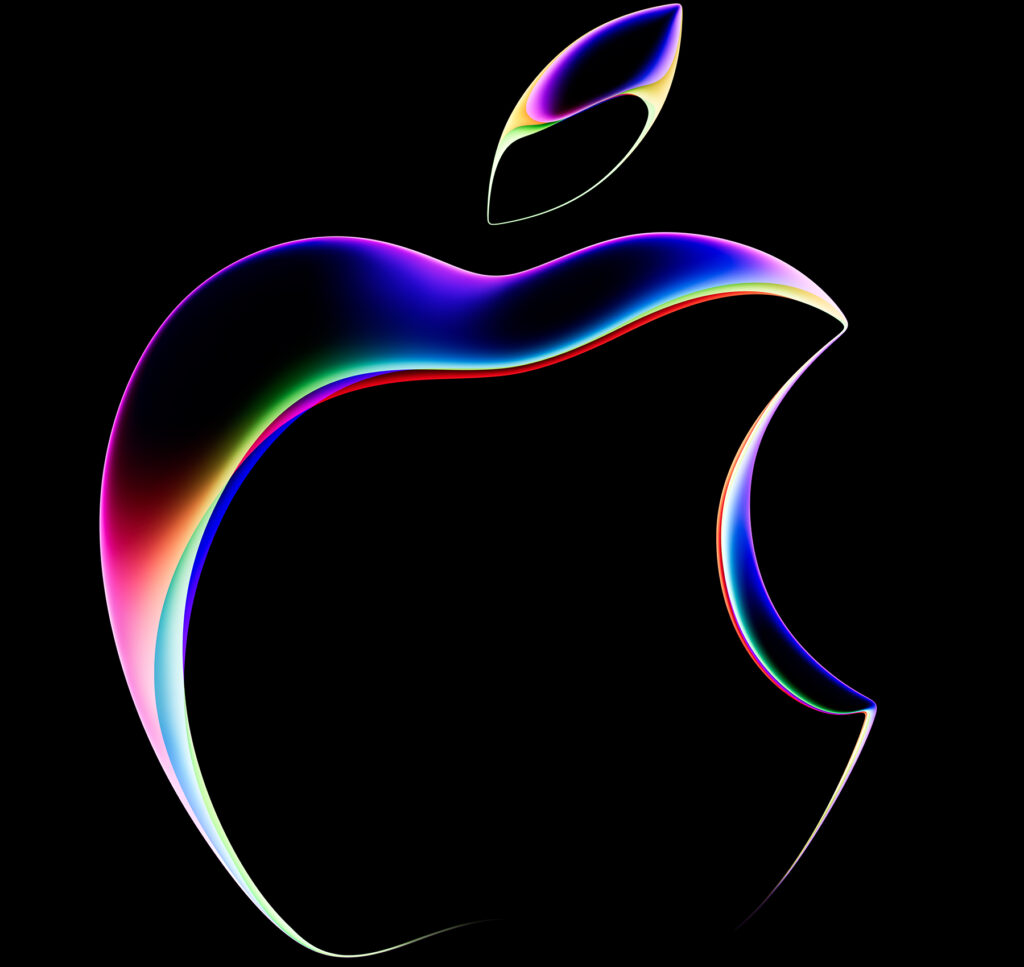Apple (AAPL.O) has ceased development on its electric car, according to a source familiar with the matter who spoke to Reuters on Tuesday, marking the end of a decade-long project initiated by the iPhone maker.
This decision brings to a close a venture that was envisioned to propel Apple into a new sector, potentially mirroring the triumph of the iPhone.
The project encountered various challenges throughout its existence, culminating in its termination amidst a backdrop of global automakers scaling back investments in electric vehicles, which have witnessed a notable decline in demand.
As reported by Bloomberg News, several employees involved in the project will be reassigned to Apple’s artificial intelligence (AI) division.
Ben Bajarin, CEO of consulting firm Creative Strategies, commented, “If it is true, Apple will put more focus on GenAI and that should give investors more optimism about the company’s efforts and ability to compete at a platform level on AI.”
Contrary to tech giants like Alphabet (GOOGL.O) and Microsoft (MSFT.O), Apple has maintained a reserved stance in the realm of AI, prompting concerns that it might lag behind in incorporating this transformative technology into its products.
This cautious approach has been reflected in Apple’s comparatively modest share gain last year, standing at nearly 50%, the smallest among the so-called Magnificent Seven stocks.
Meanwhile, heightened interest rates have dampened demand for electric vehicles, traditionally higher-priced, leading to industry-wide layoffs and production cuts.
Major automakers, including EV market leader Tesla (TSLA.O), have recalibrated their strategies, diverting focus towards hybrids over fully battery-powered cars.
Elon Musk, CEO of Tesla, expressed approval of Apple’s decision on social media with a post featuring a saluting emoji and a cigarette.
Project Titan, as Apple’s car endeavour was internally dubbed, commenced a decade ago amid a surge of interest in autonomous vehicles within Silicon Valley.
Despite initial reports suggesting a potential release of the proposed car by 2024 or 2025, progress had been tumultuous even before the disruptions caused by the COVID-19 pandemic.
Apple’s restructuring efforts in 2019, including layoffs of 190 employees, signalled ongoing challenges.
Additionally, the conceptual design of the car shifted from a radical, steering-wheel-free autonomous vehicle to a more conventional model with advanced driver-assistance features.
Initial optimism surrounding the project, akin to the groundbreaking success of the iPhone, gradually waned amidst slowing iPhone sales and a broader downturn in demand for premium electronic devices like iPads and Mac computers.
